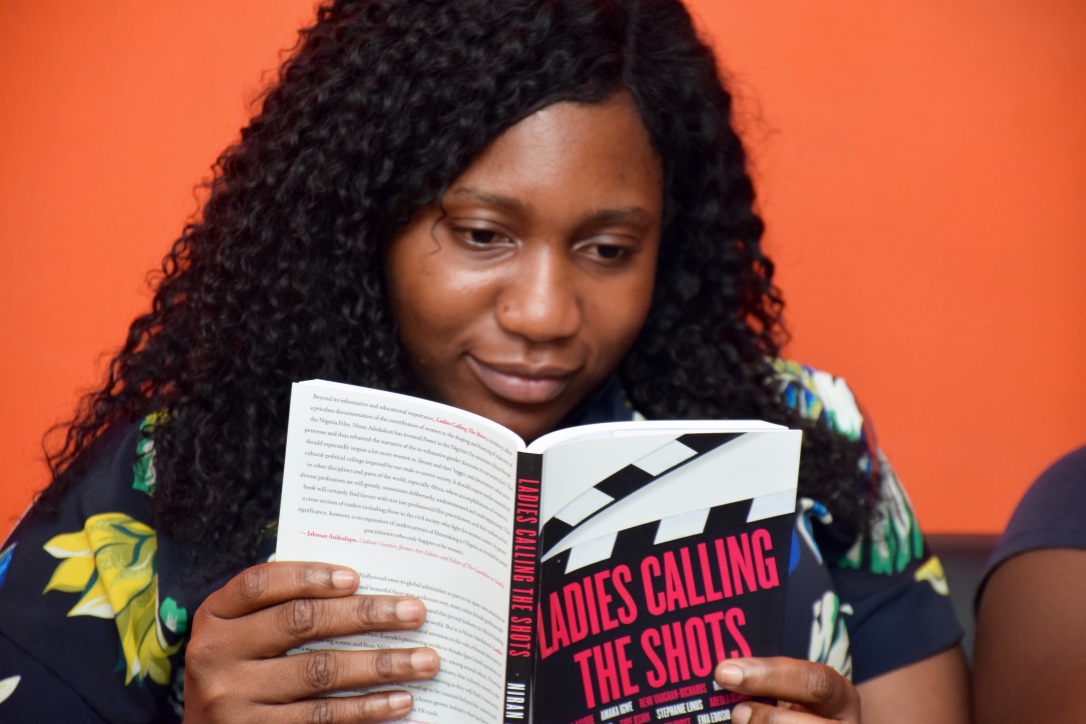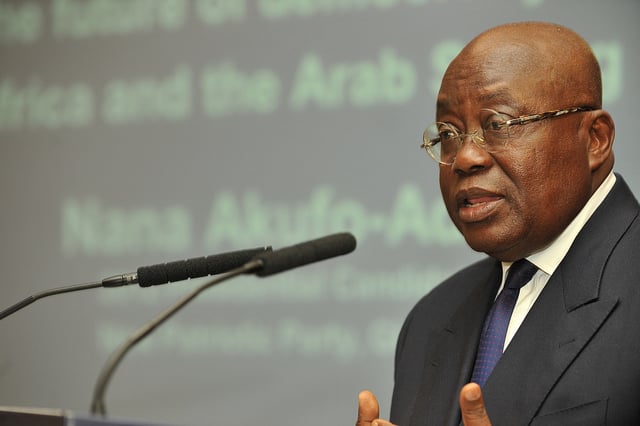For many years, the claim was liberally made that Nigerians don’t read. And that this has not been helped because of our culture that is more orally skewed. We prefer to talk than to write. Our forebears hardly kept records, save through the oral tradition. As a result, a lot of the things we ought to hold dear have been lost over the ages.
But I don’t really think we can successfully make the argument anymore.Agreed the temptation to hold on to that position is very strong. Take for example, the total circulation of newspapers and magazines is a far cry from what it was many years ago. Non-academic books and novels barely sell a few thousand copies. Not in Nigeria do you have books selling millions of copies. No matter how significant that book is.
However, the contention that we don’t read may have been valid some 10 or 20 years ago. Not anymore. Why? Because everywhere you turn, you see people glued to their phones. They are either reading something or watching something or talking to or listening to somebody.
The phone has become ubiquitous in our lives. It is easier for us to forget or brains at home than to forget our phones. They are now part of us. Our phones can be converted into treasure troves of knowledge or distracting tools.
Advertisement
The critical question is: What are we reading? Are we reading for the sake of reading or are we purpose-driven? Do we read to broaden our knowledge or do we read to reinforce our prejudices? Do we read to understand ourselves and society better or do we read conspiracy theories and other things that diminish our capacity to think?
It was Francis Bacon who said, “Reading maketh a full man; conference a ready man; and writing an exact man”.
What that tells us is that when we read, we know much more and we become better human beings. We need to read to be properly equipped for the challenges of life. Enlightenment cannot come any other way.
Advertisement
Actually, the internet age has opened the vistas of learning like never before. So much is available for us on the internet. From what is good to what is bad to the ugly. It is for us to make our choice. And people are making those choices. The irony is that with so much information available for us to tap into, our world still exhibits so much ignorance. And prejudice. And our rush to judgement on things we know so little about is astonishing.
Our ignorance of our own history is embarrassing. Many of our young ones have not heard of Tafawa Balewa, Ahmadu Bello, Nnamdi Azikiwe and Obafemi Awolowo. They have not heard of Shehu Shagari, Aminu Kano and Sam Mbakwe. Their lack of curiosity extends to even not knowing their family trees. They barely know their cousins, uncles and aunts. Their lives revolve around their parents and siblings.
Now, you can decide to spend a lot of your time in the library or checking your WhatsApp messages or going to interesting websites to seek information. In the past few years, the WhatsApp has come to dominate our communication processes. In addition to having friends on the platform, there are a myriad of groups that we belong to. And this is where it gets very interesting.
Many of the groups are actually purpose-specific. But in reality, they are anything but that. Members usually take joy in forwarding all kinds of messages to these platforms. From written words to pictures and videos. Even when Group administrators try to whip everybody into line, they are resisted. Sometimes, they are tagged as authoritarian and intolerant.
Advertisement
The Admin of my secondary school platform, for example, has been accused of almost everything except murder. His offence? Trying to ensure all adhere to the rules governing the platform. An old students platform is formed for the promotion of members’ welfare and the growth of the alma mater. Rather than strictly adhere to that, some people simply decide that it should be used to evangelize and promote partisan political views. And when the Admin tries to rein everybody in, he is seen as a difficult person.
These days, we spend so much time reading WhatsApp messages that we often forget to attend to more substantive things. True, some of the WhatsApp groups are edifying, promoting better understanding amongst people and expanding the frontiers of knowledge. But such groups are the exception. Many of these groups simply peddle low grade information, and the only beneficiaries are the telecoms companies who remain quite happy with the amount of data we consume.
If those of us who are adults are finding it difficult to be focused in what we consume, you can imagine the problem the younger ones are facing. Some of us can rightly claim that we were weaned on James Hadley Chase, Mills and Boon, Africa Writers series, etc. Yet we struggle to focus on what we read. Many in my generation will find it difficult to tell you the last book they read. All they depend on now are Whatsapp messages.
Then we now shamelessly blame our children that they don’t read. Why should they read? What example have we set for them?
Advertisement
The culture of only reading to pass exams leaves us a barely functional society. It only enables us breed people who can barely think. And they are the ones who cede their thinking to their pastors, imams and politicians. And trust these categories of people; their take full advantage of this and turn their followers to zombies.
Which is why today, many people find it difficult to address issues that ordinarily should not be a problem for them. Little matters that a rudimentary understanding of psychology would help resolve are parceled to prophets and shamans to deal with.
Advertisement
As such logic takes a flight and all they see are enemies. Sure, there are enemies and people who don’t mean well for us. But we must not allow the fear of such people paralyse us and fail to apply ourselves.
Reading can make us better people.
Advertisement
Views expressed by contributors are strictly personal and not of TheCable.
1 comments








Wow! Wow!Wow! Like my 2 year plus nephew will exclaim. This is so so true and refreshing. Kai! See what we’ve been missing all these years. Now I know why people couldn’t resist your byline. Well-done.